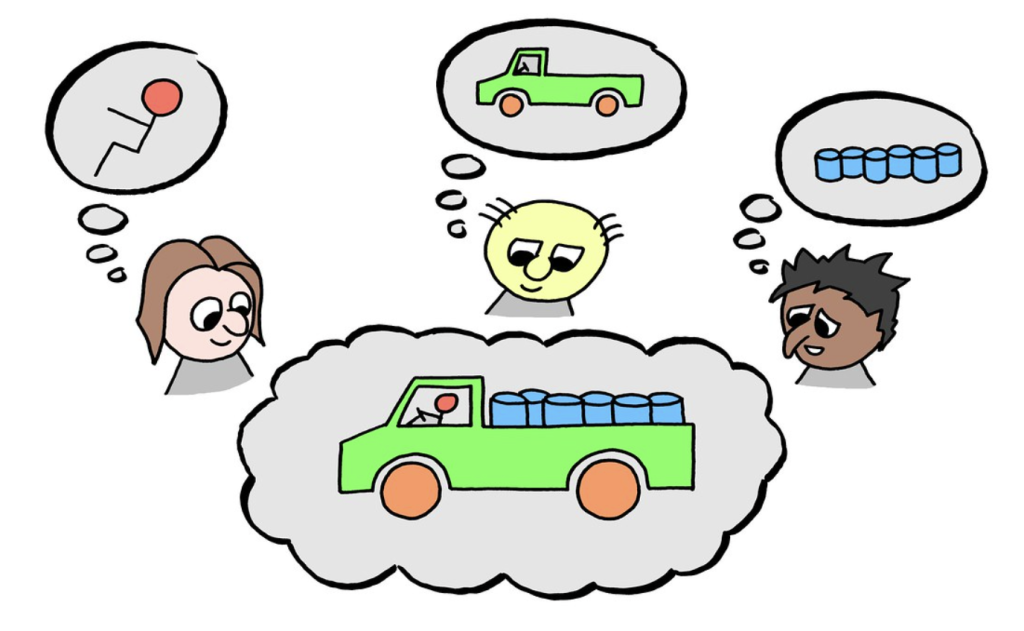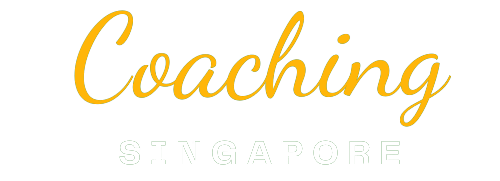Home » Uncategorized » Top 10 Thinking Errors that Can Disrupt Our Decision Making (and a solution)
Top 10 Thinking Errors that Can Disrupt Our Decision Making (and a solution)

- Coach Sam
All of us have only 24 hours in a day – from the richest person to the poorest. We all know of people who start at the bottom, but end up earning 10-times or even 100-times per hour more than the average person. Some of the most hard-working people in the world, such as those doing physical labour, are still barely making ends meet. Why is that? This goes against most widely-held beliefs that we were taught as children. This also means there is some other much bigger factor that helps us attract all-round holistic success.
Selecting the right options, moment-to-moment, from all kinds of choices we have available to us, is at the heart of leading a successful life. It is how we choose to invest our time and assets consistently that makes all the difference in the near and distant future.
Many of these decision-making opportunities are minor in nature, and we don’t think twice before going ahead with one alternative over the other. Some of these less significant “forks in the road” include the clothes we wear every day, essentials we buy, entertainment we partake in, or food we ask for. The common thread among all of the above is that usually, there is no permanent damage if we select an incorrect option occasionally.
But, ever so often, momentous life-changing junctures appear before us.
Examples of these important periods include the time we select our life partner, career, and financial investments.
These are times when we have to be wise, intelligent, and knowledgeable in taking one direction over the other. We need to be balanced and objective in our clarity. This is because very often it is better to be generally right than precisely wrong! Even recognising such a moment and treating it with due respect and care is a mark of maturity.
However, it is only human for us, due to both nature and nurture, to fall prey to our proclivity to process information in a certain way – essentially magnifying one data point while diminishing another. This set of predictable mental errors are called biases. They can result in illogical and irrational decisions, and it can cause us to misjudge people, situations, risks, and opportunities.
There are many biases that can affect our decision-making, but here are 10 common ones:
- Confirmation bias: the tendency to seek out information that supports our existing beliefs and discount information that contradicts them.
- Availability bias: the tendency to overestimate the importance of information that is easily recalled or readily available, while underestimating the importance of information that is harder to access.
- Anchoring bias: the tendency to rely too heavily on the first piece of information we receive when making decisions.
- Overconfidence bias: the tendency to overestimate our own abilities or the accuracy of our own beliefs.
- Sunk cost fallacy: the tendency to continue investing in something simply because we have already invested in it, rather than considering whether it is still the best course of action.
- Framing effect: the tendency to be influenced by the way information is presented or framed, rather than the information itself.
- Hindsight bias: the tendency to believe, after an event has occurred, that we knew it was going to happen all along.
- Bandwagon effect: the tendency to conform to the beliefs or behaviours of a group, even if they go against our own beliefs or values.
- Negativity bias: the tendency to give more weight to negative information than positive information.
- Optimism bias: the tendency to believe that bad things are less likely to happen to us than to others, while good things are more likely to happen to us than to others.
It is a smart strategy for anyone who is looking to improve their lives to keep the above-listed possibilities in mind. We need to watch out for when they may cloud how we see things.
One of the most powerful approaches we can rely on is to avoid making impulse decisions:
- It is a good idea to pause, take a step back, walk away, and get some fresh air.
- Write the pros and cons down, with weightages. This gives us a greater perspective – an eagle’s eye view.
- Talk to people, read & research, and understand sufficient aspects and consequences fully.
- Reflect for anywhere from hours to days if you can, depending on how critical the matter is. “Sleep over it” as the wise suggest.
- Then you can enter into deals large or small with confidence, knowing exactly what you want, how much, and why.
This is so that you at least have the satisfaction that you didn’t rush in without doing your “homework” i.e. due diligence.
By practising to improve our thought process, we can become deserving custodians of all the gifts that the universe entrusts us with.
Comment: Is there any tip/hack that you have personally used in order to learn things quickly which has not been covered in this blog?
Let me know in the comment section below, I would love to hear your stories.
Share This Post, Choose Your Platform!
Categories
- Mental Resilience
- Emotional Resilience
- Financial Resilience
- Interpersonal Resilience
- Physical Resilience
